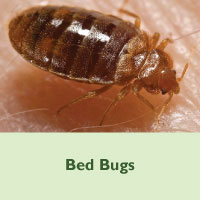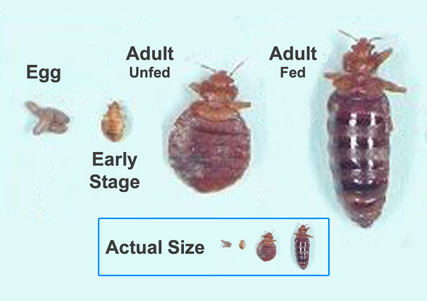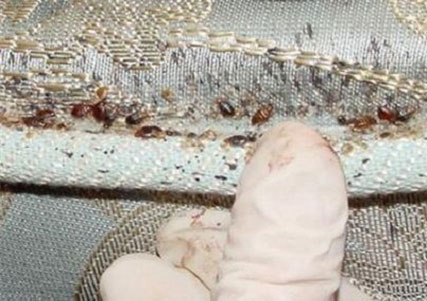For current info please visit detroitmi.gov
Bed Bugs
block-detroitminew-views-block-news-events-block-1,News & Events*block-detroitminew-views-block-related-links-block-1,Related Links*block-detroitminew-views-block-video-playlist-block-1,Videos*documents-block,Documents*block-detroitminew-views-block-forms-block-1,Forms*block-views-block-faq-block-1,FAQs*block-detroitminew-views-block-district-map-block-1,District Map*block-views-block-council-office-directory-block-1,Office Directory*block-detroitminew-views-block-contacts-block-3,Contacts*block-detroitminew-views-block-contacts-block-4,Contacts*block-detroitminew-views-block-council-member-bio-block-1,Bio*block-detroitminew-views-block-sub-sections-block-1,Sections*block-detroitminew-views-block-web-apps-block-1,Web Apps*block-detroitminew-views-block-news-events-block-4,News*block-detroitminew-views-block-news-events-block-3-2,Events*block-detroitminew-views-block-contacts-special-block-1,Staff*block-detroitminew-views-block-statements-block-1,Statements*block-detroitminew-views-block-newsletters-block-1,Newsletters*block-detroitminew-views-block-newsletters-block-3,Ordinance*block-detroitminew-views-block-newsletters-block-2,Resolutions*block-detroitminew-views-block-newsletters-block-4,Memos
 Bed bugs are small, flat insects that feed on the blood of people and animals when they sleep. Bed bugs are experts at hiding; their slim flat bodies allow them to fit into the smallest of spaces and stay there for long periods of time, even without a food source. Bed bugs are usually transported from place to place as people travel.
Bed bugs are small, flat insects that feed on the blood of people and animals when they sleep. Bed bugs are experts at hiding; their slim flat bodies allow them to fit into the smallest of spaces and stay there for long periods of time, even without a food source. Bed bugs are usually transported from place to place as people travel.
Bed bugs are not a sign of a dirty home or poor personal hygiene and are not known to spread disease, but can be an annoyance because their presence may cause itching and loss of sleep. If you think you may have bed bugs, it's very important to do a thorough inspection, and to begin treatment as soon as possible. Treating a bed bug infestation early will save time and expense. Please read below for important information on how to deal with bed bugs.
How do you know if you have bed bugs?
If you have itchy skin and insect bites, you may have bed bugs in your home. You may see three or four bites on your skin in a straight line or grouped together. Bed bugs are more likely to bite exposed skin on your arms, legs and back. Also look for small black stains on your sheets, pillows or mattress seams and look for live or dead bed bugs, eggs, or eggshells. Bed bugs may also hide in the cracks of your furniture.
How do bed bugs spread?
Without knowing it, you may bring bed bugs into your home in suitcases or handbags, or on your clothing. You may bring them in on furniture, especially used mattresses and other used items. Bed bugs can also travel between apartments in a building. Don't feel embarassed if these bugs move in with you. Having bed bugs does not mean your home is dirty. Dirt does not attract bed bugs, but clutter makes it easier for them to hide.
How can you stop bed bugs from coming into your home?
Bed bugs are great hitchhikers. They can move from an infested site to a new home by traveling on furniture, bedding, luggage, boxes, and clothing.
If you have bed bugs, vacuum your home regularly, seal the vacuum bag tightly and get rid of it in a trash can outside.
Avoid buying used mattresses, sofas, or chairs because they may have bed bugs.
Tenant Responsibility
- When you see bed bugs, notify your landlord immediately.
- Keep your home clean and free from clutter.
- Examine items for bed bugs prior to bringing them into your home.
- If your landlord doesn't do anything to get rid of the bed bugs:
Contact Buildings, Safety Engineering and Environmental Department's Property Maintenance Division:
Landlord's Responsibility
- When landlords find out bed bugs are on the property, they should try to get rid of them right away. Avoiding or ignoring bed bugs will only cause them to spread.
- Landlords should get help from a licensed pest management professional or other expert.
- Landlords should let the pest management professional check every room and apartment to find out where bed bugs hide.
- Landlords should continue a pest management plan if recommended by the licensed pest management professional.


Pest Management Professional's Responsibility
If your landlord hires someone to treat your home for bed bugs, that person must be “licensed,” meaning they have had a special training on how to safely get rid of bed bugs.
- PMPs must check for bed bugs in every room and in other apartments too.
- PMPs must make sure to kill all the bed bugs, including the eggs. They may need to return at least twice to apply insecticides and check whether the first treatment worked.
- PMPs must use insecticides according to directions on the label.
- They may also use other treatments such as heat or steam.